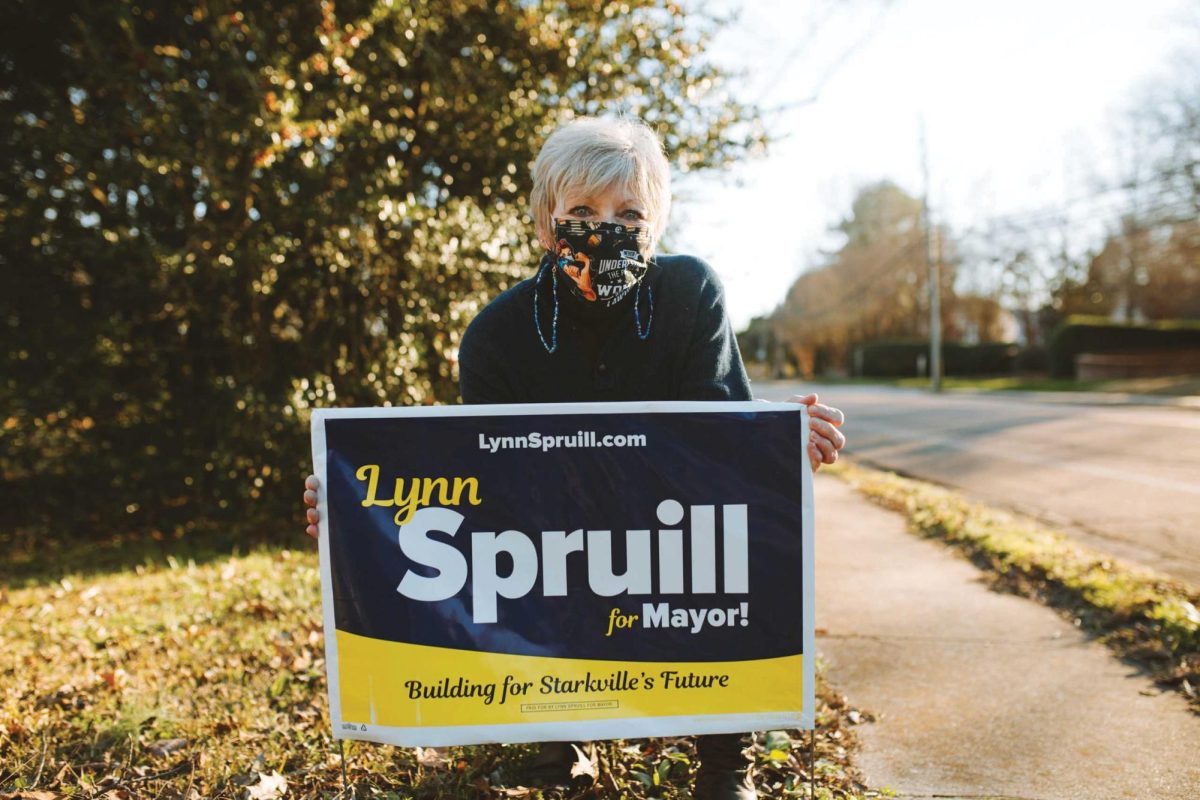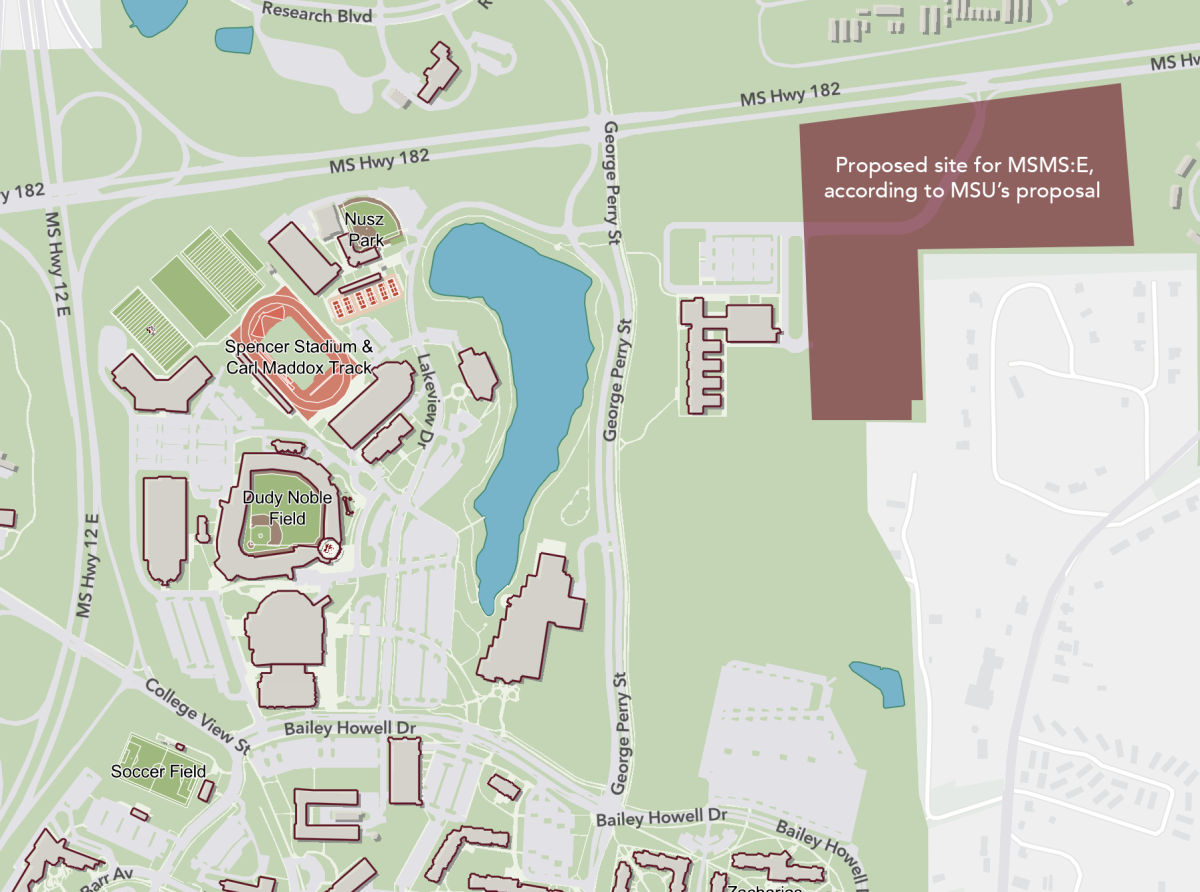Starkville, Mississippi, is expected to receive around $5.78 million from the American Rescue Act, according to funding estimates from the House Committee on Oversight and Reform. The American Rescue Act, a $1.9 trillion relief bill passed by Congress in March of 2021, is set to aid Americans with the negative economic effects of COVID-19.
The House Committee on Oversight and Reform reports that Mississippi will collect approximately $2.9 billion for its legislature, metropolitan cities, smaller towns and cities, counties and capital projects from the $350 billion total allocated to the 50 U.S. states, localities, tribal governments and territories.
The act passed by Congress is different from other bills passed in previous periods of emergencies. The American Rescue Act has an amount of funds to be distributed directly to counties and metropolitan areas, rather than have each state’s government determine how much money a county or city gets.
Julius Nukpezah, an associate political science professor at Mississippi State University, explained how this provision will allow economic incentives for city governments to spend and therefore benefit from the funds.
“This is being made available directly to local government … and that removes, you know, the strings, the constraint that you might have that will reduce the level of spending that you want,” Nukpezah said. “And with that, we are likely to have the economy moving forward because the economy is dependent on spending.”
According to Nukpezah, unlike other states which derive a majority of income from tourism and international travel, Mississippi has received most of its revenue from sales tax during the pandemic. The professor also said many Mississippians have put their resources into basic needs, such as groceries, which has allowed the state’s economy to fare better than others.
The city must use funds from the American Rescue Act towards the recovery of COVID-19 related effects, such as aid to households and small businesses. These funds can also be distributed to improve sewer, water and broadband infrastructure and must be spent by Dec. 24, 2024.
Starkville Mayor Lynn Spruill said the city has not made a set decision about where to distribute the funds. However, the mayor and the Starkville Board of Aldermen have discussed reimbursing several Starkville workers first, such as the fire department and police and sanitation employees, for paid overtime last year during the height of the pandemic. The city will also use funds to improve tourism, water and sewer infrastructure.
According to Spruill, because of the pandemic, many firefighters and police officers that responded to emergency situations had to quarantine last year to prevent the spread of COVID-19. As a result, backup firefighters and police officers who were off work received overtime pay to respond to several situations.
“So, they couldn’t work from home … unlike some of our other workers who can conceivably — a city planner, for example, can work from home,” Spruill said. “But in this case, we had to provide overtime to those folks who were unable to do anything else other than come in on their off time. And it mounted up. I mean, when you do that for eight months to nine months to a year, it mounts up.”
To offset tourism losses from the pandemic, the city government has planned to build two additional baseball fields for Cornerstone Park, a Starkville sportsplex still in construction on South Highway 25. Spruill has mentioned how these two parks will be in addition to the ten baseball fields which would be built in about a year. The two baseball fields will cost approximately $2 million.
According to Ward 2 Alderwoman Sandra Sistrunk, the additional two baseball fields will allow high school baseball and softball teams to participate in tournaments in Starkville and bring in a greater number of tourists.
“It fits the criteria for what we can spend the money for, and there’s a huge benefit,” Sistrunk said. “It is a program that’s designed to be a sports tourism park that our local kids get to use and have the benefit of having exceptional facilities for rec. baseball.”
Regarding the funds towards sewer and water infrastructure, Spruill mentioned many annexed areas in the city need this type of public service. Other older neighborhoods in the city, such as Rolling Hills, Green Oaks and Oktibbeha Gardens, have aging sewer and water systems that either need long-term repairing or replacing.
Since the process of replacing and repairing decades-old water and sewer pipes can take several months, Starkville’s city government has already decided to start improving the sewer and water infrastructure of several neighborhoods. Spruill said previous work completed in areas such as Pleasant Acres has allowed the city to have a head start on the work needed.
“Fortunately, for us, we’ve already begun the plans of making those replacements because we knew they needed to be done,” Spruill said. “So, we’ve got preliminary engineering work in progress, which puts us well ahead of the game.”
Sistrunk said although three years to spend millions of dollars towards areas beneficial to the city is difficult, it is an investment to improve Starkville’s neighborhoods in ways that the city has not had the chance to before.
“It’s an exciting opportunity for the city … so we want to be sure that we spend it wisely. We want to be sure that we are compliant with what their intentions were,” Sistrunk said. “And we want to be sure that we spend it in a way that benefits the community, not just today, but long term.”
Starkville will collect $5.78 million from the American Rescue Act: What will it be used for?
0
Donate to The Reflector
Your donation will support the student journalists of Mississippi State University. Your contribution will allow us to purchase equipment and cover our annual website hosting costs.
More to Discover












